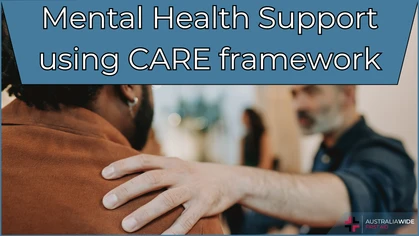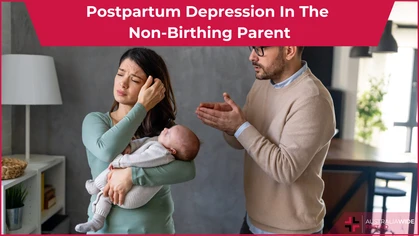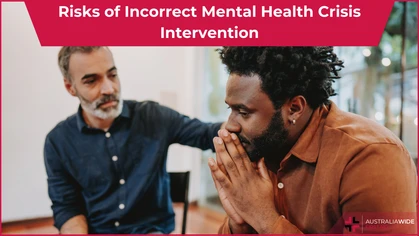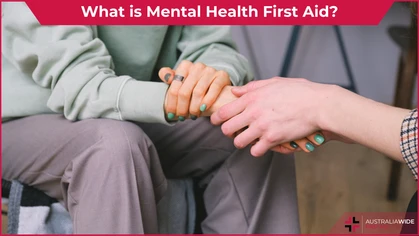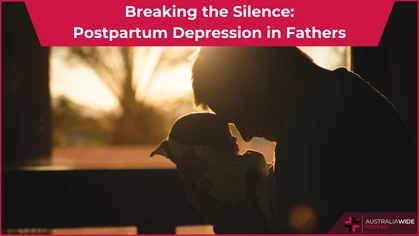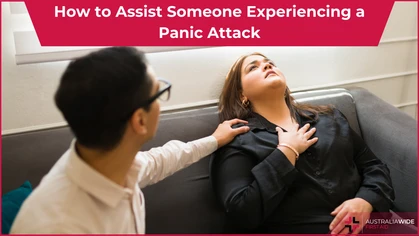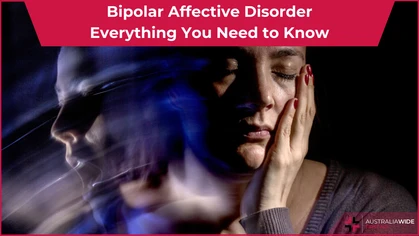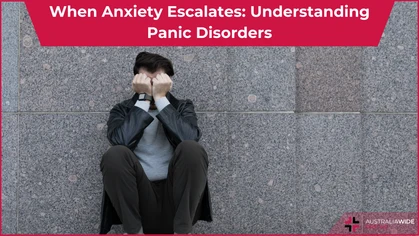Geriatric Depression: Not a Normal Part of Growing Old

Mental Health
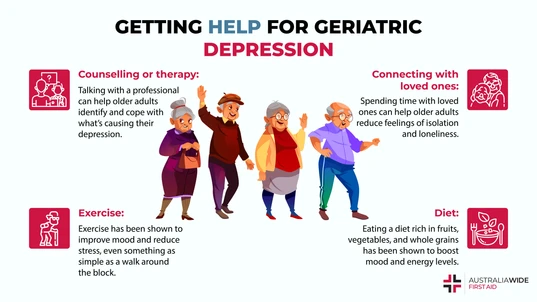
Geriatric depression is a mental health condition in which elderly people experience persistently low moods. It is important to know the causes and symptoms of geriatric depression, as it can lead to other problems like social isolation.
Depression is not a normal part of growing old. It's important to be able to identify the signs and symptoms of geriatric depression, so that you can get your loved ones the help they need. This post will discuss what geriatric depression is, why it occurs, and how to get treatment for it.Defining geriatric depression
Geriatric depression is a mental health condition that is characterized by a persistent low mood in elderly individuals. This can include feelings of sadness, hopelessness, worthlessness, and/or isolation. Older adults may also experience changes in their sleeping or eating habits, energy levels, and ability to concentrate. In Australia, geriatric depression occurs in approximately 10-15% of adults over the age of 65. However, this number is likely to be higher, as many cases go undiagnosed and untreated. Stigma relating to mental health within this age group is also thought to be a contributing factor. Depression is not a normal part of aging, and it can be serious. If left untreated, it can lead to other problems such as social isolation, decreased mobility, and even suicide. Symptoms of geriatric depression are:- Persistent low mood
- Feelings of sadness, worthlessness, and hopelessness
- Changes in eating or sleeping habits
- Loss of interest in activities that used to be enjoyable
- Fatigue or low energy levels
- Difficulty concentrating
- Irritability or restlessness
Contributing factors
There are many factors that can contribute to geriatric depression. These can include:- Changes in health: As we age, our bodies go through changes. We may start to experience more chronic health problems, or we may see a decline in our physical abilities. These changes can be difficult to adjust to and can lead to feelings of depression.
- Losses: The elderly often experience losses such as the death of a spouse or close friends, retirement, and/or the loss of independence. These losses can be difficult to cope with and may trigger feelings of depression.
- Isolation: As we age, we may find ourselves becoming more isolated. We may not have as many opportunities to socialize, and we may lose touch with our support systems. This isolation can worsen feelings of depression.
- Medications: Some medications used to treat health conditions can cause side effects that contribute to depression.
- Other mental health conditions: Older adults may also be struggling with other mental health conditions, such as anxiety or dementia. These conditions can make depression worse.
- Traumatic life events: Older adults may have experienced traumatic life events, such as abuse, that can lead to depression.
- Living conditions: those living in an aged care facility or hospice arrangement are more likely to suffer from geriatric depression.
Diagnosis and treatment
If you're concerned that a loved one is suffering from geriatric depression, the first step is to talk to their doctor. They will be able to rule out other possible causes of the symptoms and make a diagnosis. Diagnosis is completed using the Geriatric Depression Scale (GDS) which can identify moderate to severe forms of depression. The GDS is a 30-item questionnaire that is completed by the patient. Once depression has been diagnosed, the next step is to develop a treatment plan. This will likely involve a combination of medication and therapy. Medications used to treat depression in older adults include antidepressants, antipsychotics, and mood stabilizers. Antidepressants are the most commonly prescribed medication for geriatric depression, and they can be effective in treating the condition.Getting help
If you're concerned about geriatric depression, talk to your loved one's doctor. They can screen for depression and make recommendations for treatment. Treatment options for geriatric depression include:- Counseling or therapy: Talking with a counselor or therapist can help older adults identify and cope with the factors that are contributing to their depression.
- Medication: In some cases, medication may be prescribed to treat geriatric depression. This is usually done in combination with counseling or therapy.
- Support groups: There are many support groups available for older adults who are dealing with depression. These groups provide a place to share experiences and connect with others who understand what you're going through.
- Exercise: Exercise can help to improve mood and reduce stress. It's important to encourage your loved one to get moving, even if it's just a short walk around the block.
- Diet: Eating a healthy diet is important for overall health, but it can also help to improve mood. Eating plenty of fruits, vegetables, and whole grains can help to boost mood and energy levels.
- Connecting with loved ones: Spending time with loved ones and staying connected can help to reduce feelings of isolation and loneliness.
First aid for depression
If you're worried about someone, the best thing to do is talk to them about it. Let them know that you're concerned and offer your support. You can also encourage them to see their doctor, who can screen for depression and make recommendations for treatment. If you are responding to an emergency for someone who has depression, you should:- Call for medical help if the person is in danger of harming themselves or someone else.
- Remove any objects that could be used to harm the person or themselves.
- Stay with the person until professional help arrives.
- Talk to the person in a calm and reassuring voice.
- Encourage the person to seek professional help.
Recommended resources
If you want to learn more about preventing, identifying, and managing the symptoms of mental health issues, check out the following articles in our Resource Library:
Originally published at
https://www.australiawidefirstaid.com.au/resources/geriatric-depression
as part of the Australia Wide First Aid Articles Library

